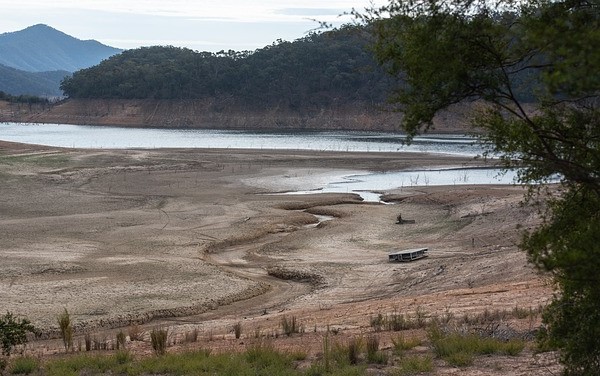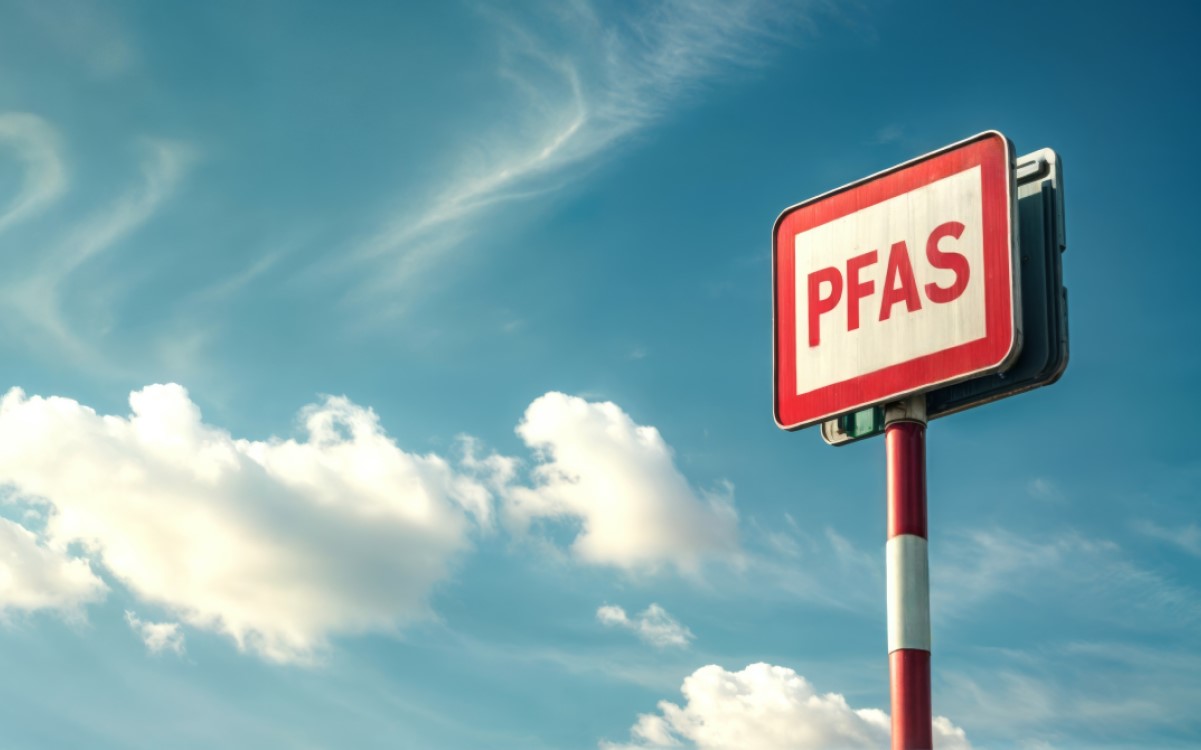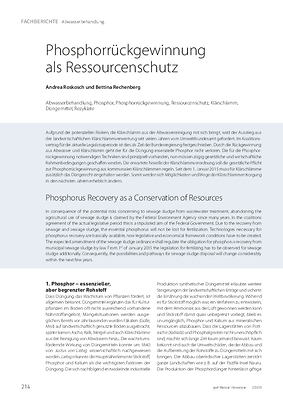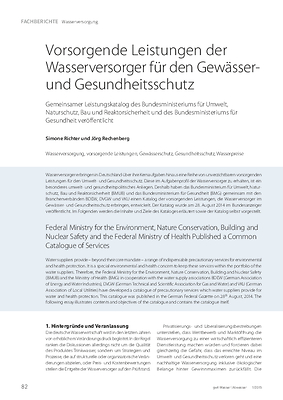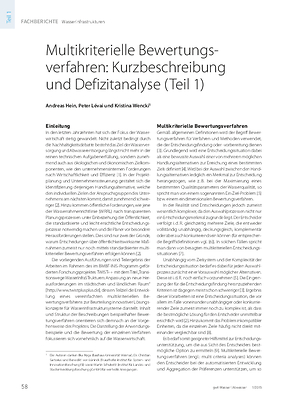The latest report in the implementation of EU water rules measures EU Member States’ progress towards reaching a good water bodies status by 2027. It shows that the gap to full compliance with the objectives of the Water Framework Directive is still considerable.
EU Member States are implementing their programmes of measures, particularly to tackle pollution and regarding abstraction and water efficiency. However, due to a lack of sufficient financing, this is not happening at the required speed. Reducing flood risk across Europe requires consistent implementation of the Floods Directive and cooperation across borders.
Commissioner for the Environment, Fisheries and Oceans Virginijus Sinkevičius, said: “Drought and water stress now cause EUR 9 billion of damage every year, not counting damage to ecosystems and the services they provide. Only healthy rivers and lakes can help protect us against the rising challenges of droughts and floods. While our Member States are making progress in the right direction, we need to go faster, and invest more into water management. The European Green Deal is a unique opportunity to jointly enhance our water resilienceby securing its water-smart implementation across all policies.”
Finances, delays, and governance are main imprediments
The Report demonstrates that, by mid-term of the 2016-2021 water management cycle, the implementation of measures was on track in all Member States, with delays in some cases. Compared to the previous period, all Member States reported measures and several completed their reporting and now cover all their river basin districts. Most Member States have made some progress in identifying the gap to good status for each significant pressure on their water bodies, and the level of implementation of measures required to achieve good status. Member States also reported obstacles encountered in implementing their measures. The lack of finance, delays, and governance are the most significant impediments.
Water pricing is a powerful tool to improve water efficiency contributing to a more effective and sustainable water demand management as well as enhancing the sector’s attractiveness for co-financing from the private sector.
According to a separate assessment of the current status regarding monitoring and measures of the 12 new substances in the 2013 Environmental Quality Standards Directive, the Report found that most Member States are by now monitoring these 12 substances.
Regarding the Floods Directive, half of the Member States have improved data collection and/or methodologies for the preliminary assessment of flood risks.Although the discourse around floods in urban areas and sea level rise has intensified, it is still river floods that are most frequently registered (two thirds of the total) as a source of significant flooding in the EU. For the vast majority of Member States there is some or strong evidence that the consequences of future flooding on human health, the environment, cultural heritage and economic activity are being considered.
The report is complemented by three studies
The economic study aims to strengthen our knowledge base on costs and investments in the water sector and on the corresponding financing mechanisms in the EU Member States. It finds the capital investment costs of measures planned in the current Water Framework Directive cycle (2016-2021) amount to at least EUR 142 billion. To be noted that the impact of droughts alone on the EU economy is estimated at present at EUR 9 billion a year, but could reach EUR 65 billion a year by the end of the century. For floods, total flood risk mitigation costs for 2016-2021 reach at least EUR 14 billion. This should be compared to the expected annual damage of EUR 21 billion by 2050 under a 2°C warming scenario and without adaptation.
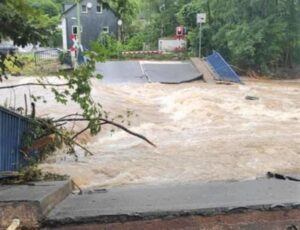
The risk of floods and droughts will increase.
A further study on floods and climate change identifies potential solutions to move forward with the integration of climate change considerations in flood risk management.
The third study on floods and agriculture concludes that there is a need to better protect agricultural land from floods and ensure better resilience. In addition, there is a need to better utilise EU funds for flood risk management measures, improve the coordination between the relevant environmental and agricultural authorities in the Member States and provide better advice on flood risk management to farm advisors and farmers.
Background
With increased impacts of climate change, and more frequent floods and droughts, water management is becoming a challenge throughout Europe. The EU Floods Directive gives the EU an adequate legal framework to manage the risk of floods. For droughts, strong implementation of the Water Framework Directive coupled with a multifaceted water resilience agenda has to be the response. The European Green Deal showcases this joined-up approach, with attention to water efficiency in various legislative reviews and in horizontal strategies such as the Circular Economy Action Plan and EU Climate Adaptation Strategy.
The Water Framework Directive provides the main framework and the overall objectives for water policy in Europe, and for the attainment of good status of all surface and ground-waters. The Environmental Quality Standards Directive and Groundwater Directive complement the WFD for surface water and groundwater standards respectively. The 2019 fitness check of EU water legislation, covering these three Directives and the Floods Directive, concluded that the existing legislative framework is broadly fit for purpose. It concluded that reaching the objectives of the water legislation will require sufficient funding, faster implementation, and better integration of their objectives in sectoral legislation.
